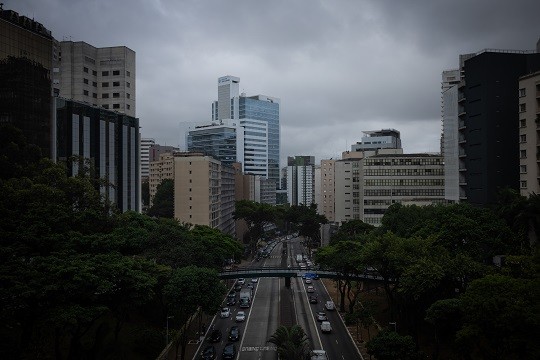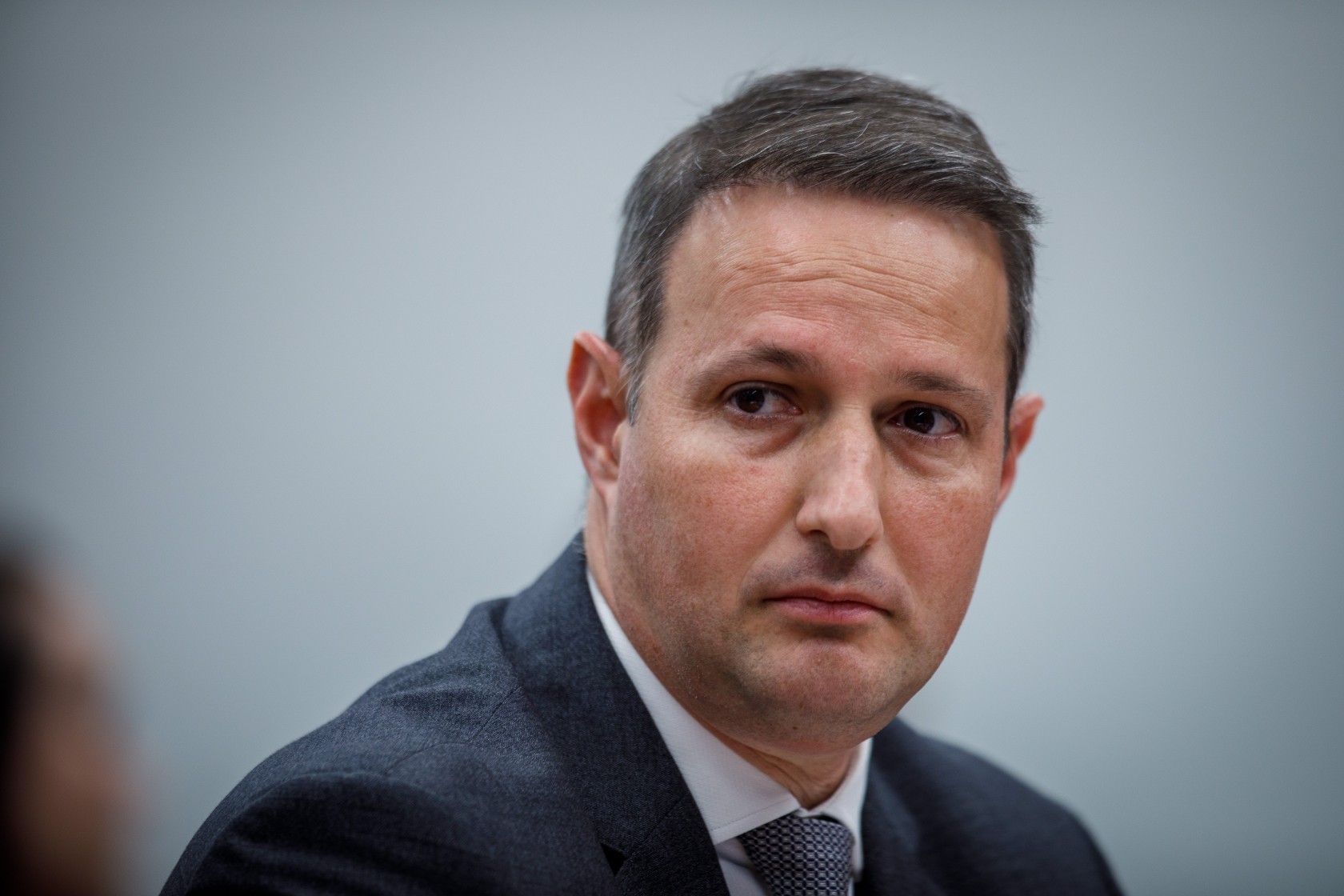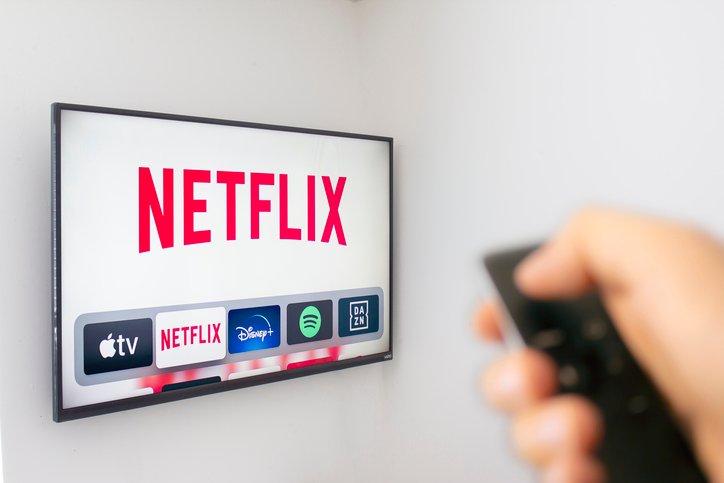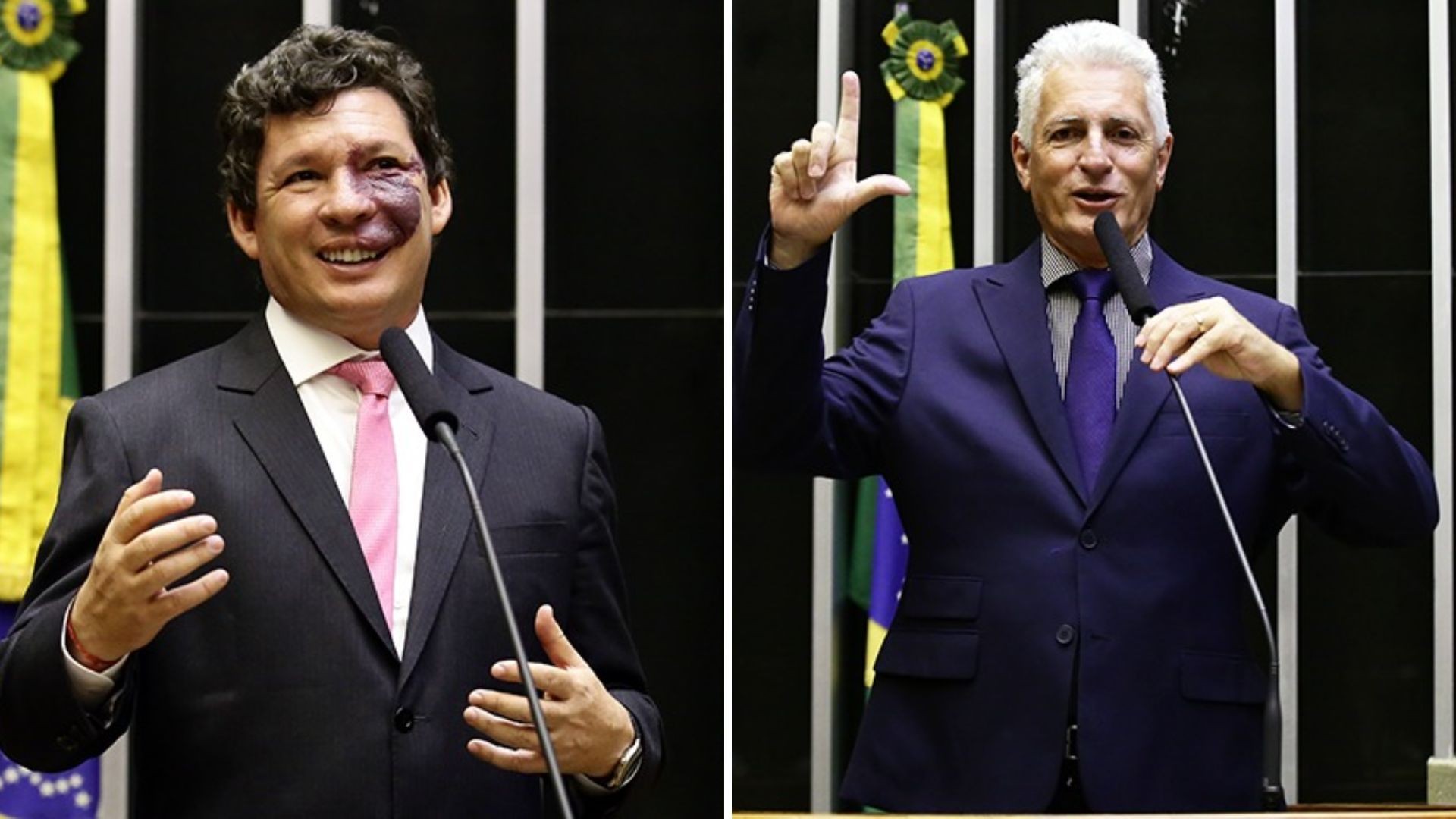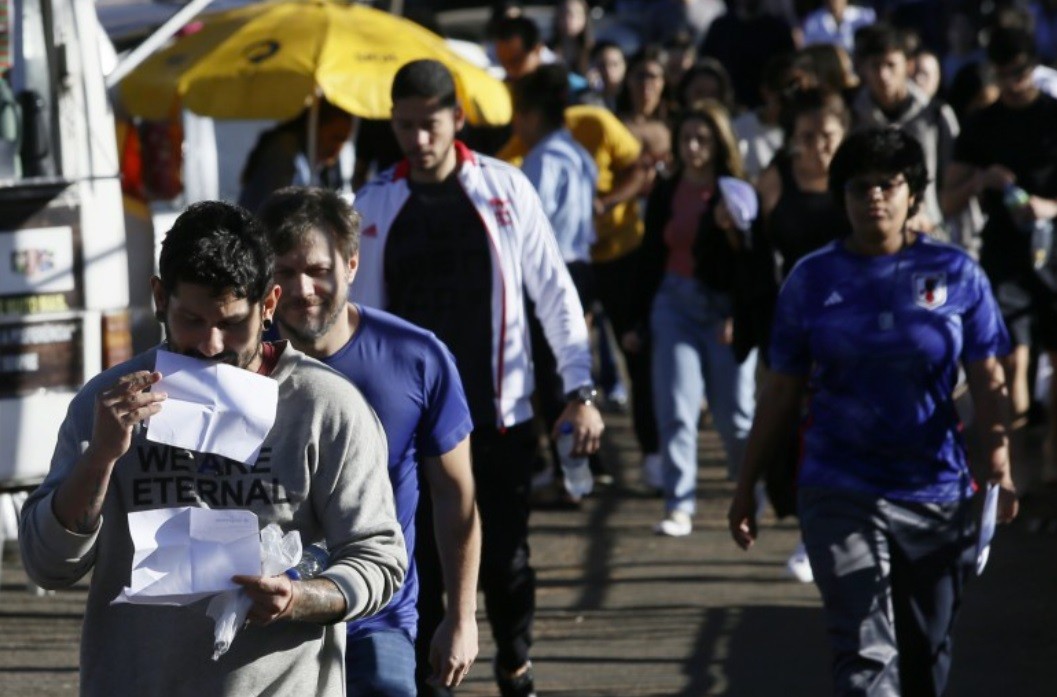Behind the scenes at G20: Argentina seeks to block mention of tax on the super-rich in leaders’ statement
According to Brazilian government sources, Argentine negotiators shifted their stance in the final stretch of talks, following instructions from president Javier Milei In the final stages of negotiations to draft the concluding statement to be issued by heads of state and government at the upcoming G20 summit, Argentina has altered previously agreed-upon positions and risks being excluded from the document, official sources confirmed to O GLOBO. On Thursday, Argentine negotiators, led by the president's representative, Federico Pinedo, informed other countries that they had received “new instructions” from the Casa Rosada and opposed the inclusion of a proposal to tax the super-rich, a key point for Brazil. G20 in Rio: See how traffic and commerce will be during the mega-holiday in the capital Fun in Rio: 20 paired activities for the G20 holiday weekend in Rio de Janeiro According to Brazilian government sources, who earlier this year celebrated a ministerial declaration mentioning the super-rich tax, “the Argentines are betraying an already agreed-upon text and language.” Brazilian negotiators are furious with the Argentine delegation led by Pinedo, who, without further explanation, stated that it was an “instruction from the Presidency.” When contacted by O GLOBO, Argentine negotiators declined to comment on the negotiation details. On the day the instruction reached the negotiation table, President Javier Milei was in the United States attending a dinner where he met with U.S. President-elect Donald Trump and several of his allies and collaborators, including billionaire Elon Musk, who has consistently criticized Brazil's proposal. Until Thursday afternoon, Brazilian negotiators said that “negotiations were progressing well, even with the Argentines.” The situation changed by the end of the day, and by Friday, tensions had escalated with the Argentines. Some official sources even suggested that Argentina might be excluded from the presidential declaration if it is the only country to change its stance at the last minute. “If all the others agree, then Argentina simply won't sign,” explained one source. The proposal to tax the super-rich suggests a 2% levy on the wealth of the world’s billionaires, potentially raising between US$ 200 billion and US$ 250 billion. The idea originated from a study by French economist Gabriel Zucman, a professor at the Paris School of Economics and the University of California. The declaration text would not specify percentages but rather the concept of imposing a tax on global super-wealth.
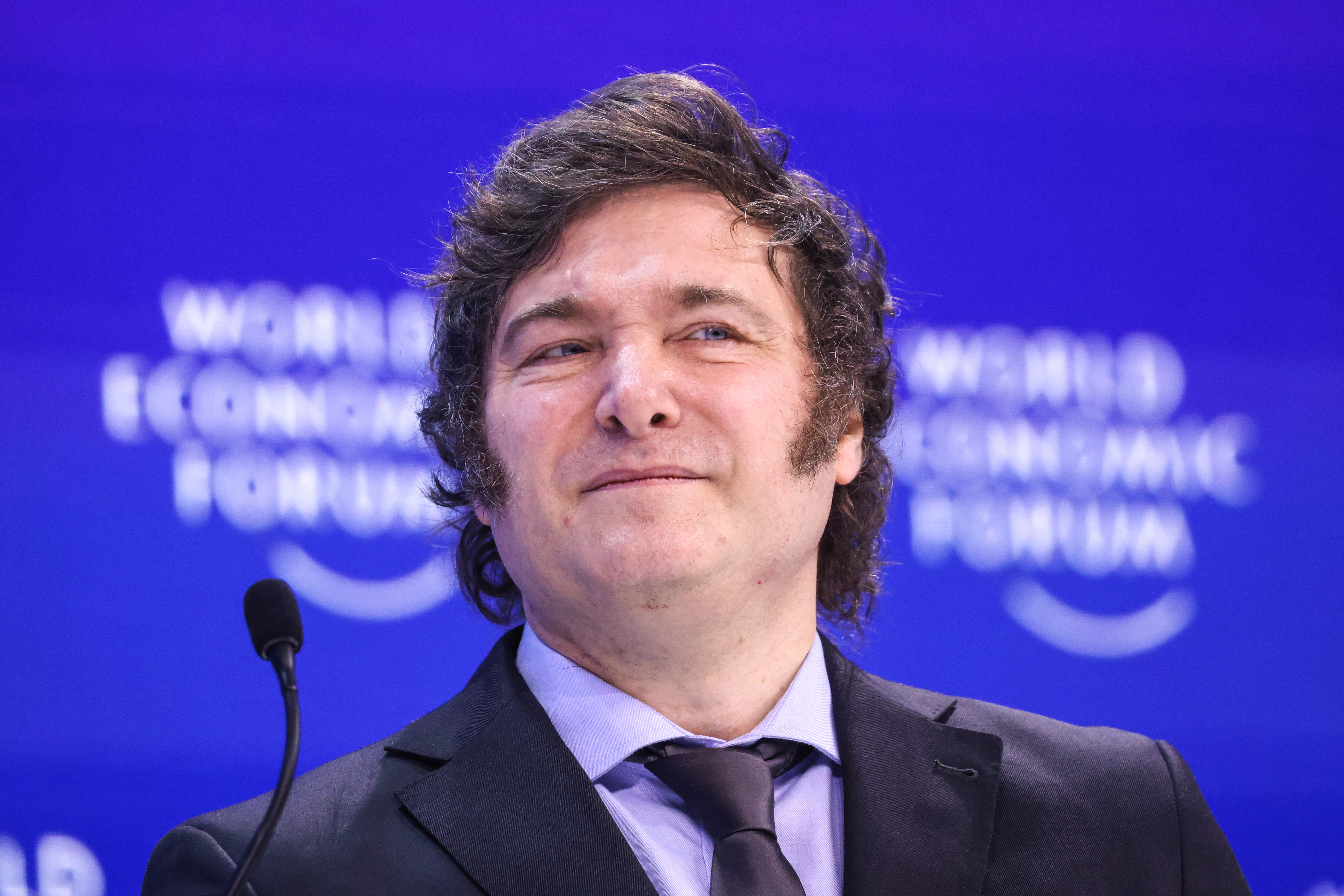

According to Brazilian government sources, Argentine negotiators shifted their stance in the final stretch of talks, following instructions from president Javier Milei In the final stages of negotiations to draft the concluding statement to be issued by heads of state and government at the upcoming G20 summit, Argentina has altered previously agreed-upon positions and risks being excluded from the document, official sources confirmed to O GLOBO. On Thursday, Argentine negotiators, led by the president's representative, Federico Pinedo, informed other countries that they had received “new instructions” from the Casa Rosada and opposed the inclusion of a proposal to tax the super-rich, a key point for Brazil. G20 in Rio: See how traffic and commerce will be during the mega-holiday in the capital Fun in Rio: 20 paired activities for the G20 holiday weekend in Rio de Janeiro According to Brazilian government sources, who earlier this year celebrated a ministerial declaration mentioning the super-rich tax, “the Argentines are betraying an already agreed-upon text and language.” Brazilian negotiators are furious with the Argentine delegation led by Pinedo, who, without further explanation, stated that it was an “instruction from the Presidency.” When contacted by O GLOBO, Argentine negotiators declined to comment on the negotiation details. On the day the instruction reached the negotiation table, President Javier Milei was in the United States attending a dinner where he met with U.S. President-elect Donald Trump and several of his allies and collaborators, including billionaire Elon Musk, who has consistently criticized Brazil's proposal. Until Thursday afternoon, Brazilian negotiators said that “negotiations were progressing well, even with the Argentines.” The situation changed by the end of the day, and by Friday, tensions had escalated with the Argentines. Some official sources even suggested that Argentina might be excluded from the presidential declaration if it is the only country to change its stance at the last minute. “If all the others agree, then Argentina simply won't sign,” explained one source. The proposal to tax the super-rich suggests a 2% levy on the wealth of the world’s billionaires, potentially raising between US$ 200 billion and US$ 250 billion. The idea originated from a study by French economist Gabriel Zucman, a professor at the Paris School of Economics and the University of California. The declaration text would not specify percentages but rather the concept of imposing a tax on global super-wealth.
Qual é a sua reação?









